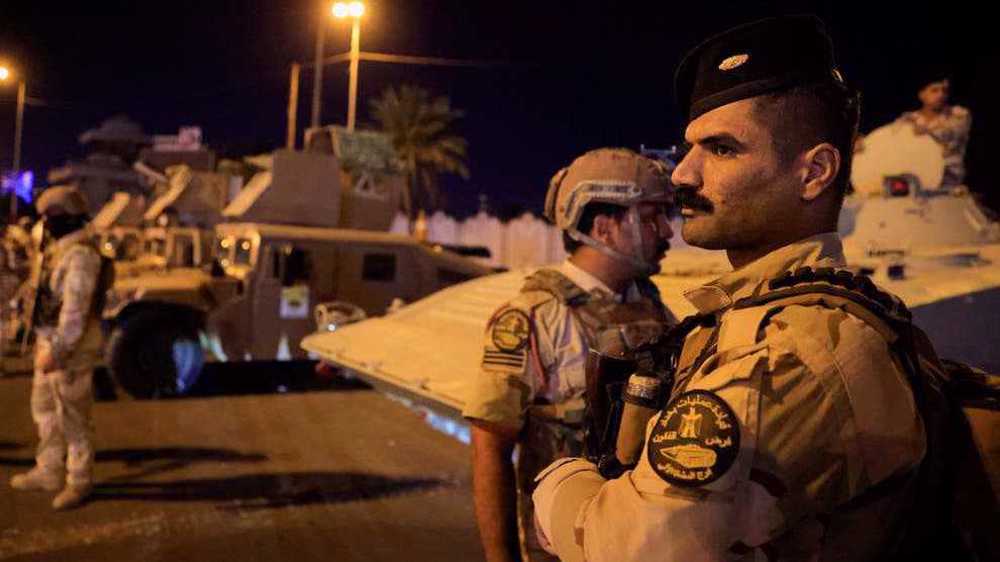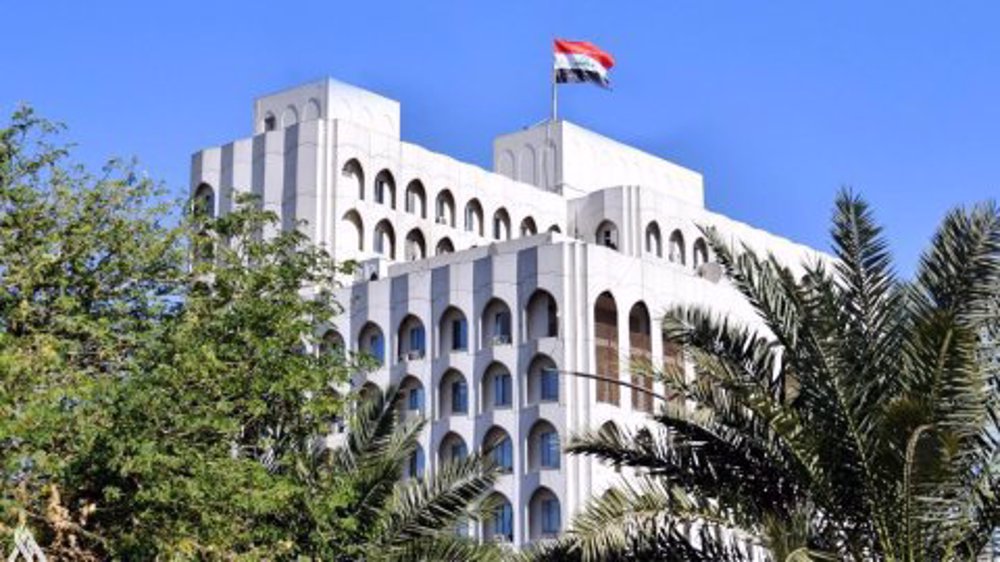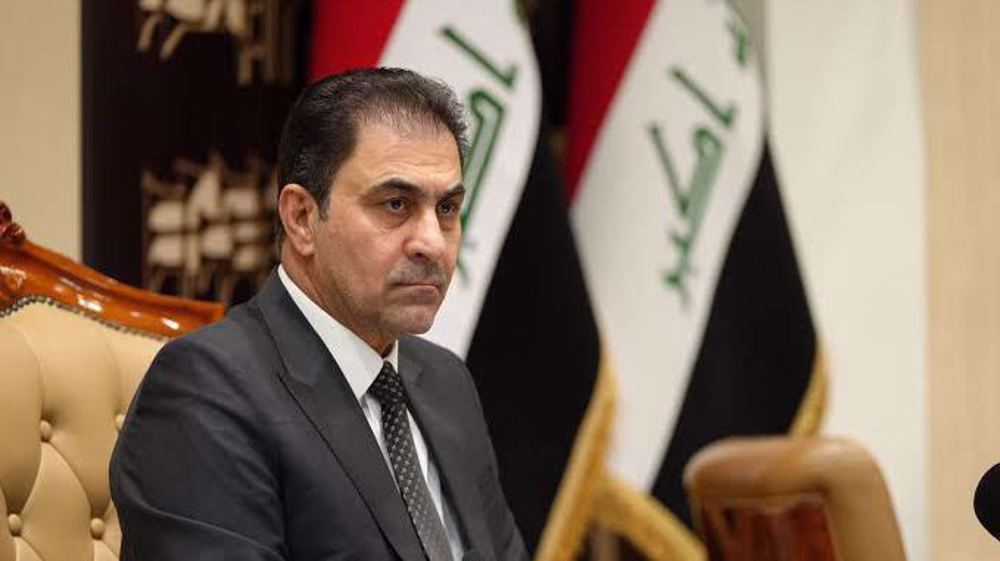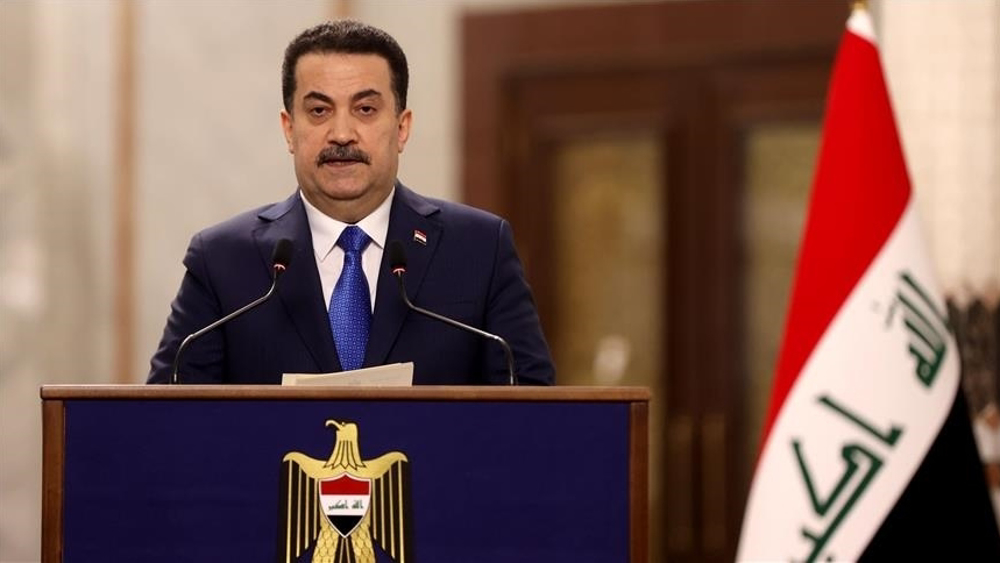Israel, US likely behind assassination bid against Iraqi PM: Resistance leader
An Iraqi resistance leader says the Israeli regime and the United States were likely behind the recent failed assassination attempt targeting the Arab country’s prime minister, calling for a thorough investigation into the crime.
Qais al-Khazali, secretary-general of the Asa’ib Ahl al-Haq movement, a subdivision of Iraq’s Popular Mobilization Units (PMU) or Hashd al-Sha’ab umbrella anti-terror force, made the remarks on Tuesday in an interview with Qatar’s Al Jazeera television network.
Khazali said among existing theories that were trying to explain the Sunday development, he would lend more credit to the one that holds the Zionist regime responsible for carrying out the operation in coordination with the United States.
The attack saw explosive-laden drones target Iraqi Prime Minister Mustafa al-Kadhimi’s residence in the capital Baghdad’s heavily-fortified Green Zone.
“We demand a technical and rigorous investigation” into the crime, Khazali said. “Targeting the house of the premier amounts to the targeting of the entire Iraqi political establishment.”
The premier said subsequently that he regretted that “there are some who are seeking to damage Iraq’s security,” but alleged that his government was well aware of the identities of the perpetrators.
No group has claimed responsibility for the assassination attempt, during which several members of the premier’s personal protection team were injured.
Various Iraqi and regional officials have, meanwhile, echoed the premier’s concerns about attempts underway to sow instability and insecurity in the Arab country.
Recently, the spokesman for the Iraqi Joint Operations Command raised questions about the inactivation of the US military’s C-RAM systems — used to detect and destroy incoming rockets and flying objects — during the attack on the Iraqi prime minister’s residence.
The attack came two days after clashes at the entrance of the Green Zone during protests against the results of the country’s October 10 general elections.
The clashes reportedly led to the death of several people and injured scores of others.
Khazali, meanwhile, said his movement likewise disapproved of the election results, and that the “illogical outcome causes us to believe that the elections have been planned to end up with the landslide victory of one party.”
The elections saw Shia cleric Muqtada al-Sadr’s party secure 73 seats in the country’s 329-strong parliament.
Hezbollah strikes Israeli bases with drones, missiles
Iran calls for action in defense of Palestinian women
VIDEO | Sydney protests demand action as Israel faces ICC warrant for war crimes
VIDEO | Arrest warrant for Israeli war criminals
Iran to host ‘important’ ECO foreign ministers' meeting in Mashhad
Wounded in Israeli strike, health of Kamal Adwan Hospital's director worsens
VIDEO | Press TV's News Headlines
Iran reports 11% drop in domestic red meat supply











 This makes it easy to access the Press TV website
This makes it easy to access the Press TV website